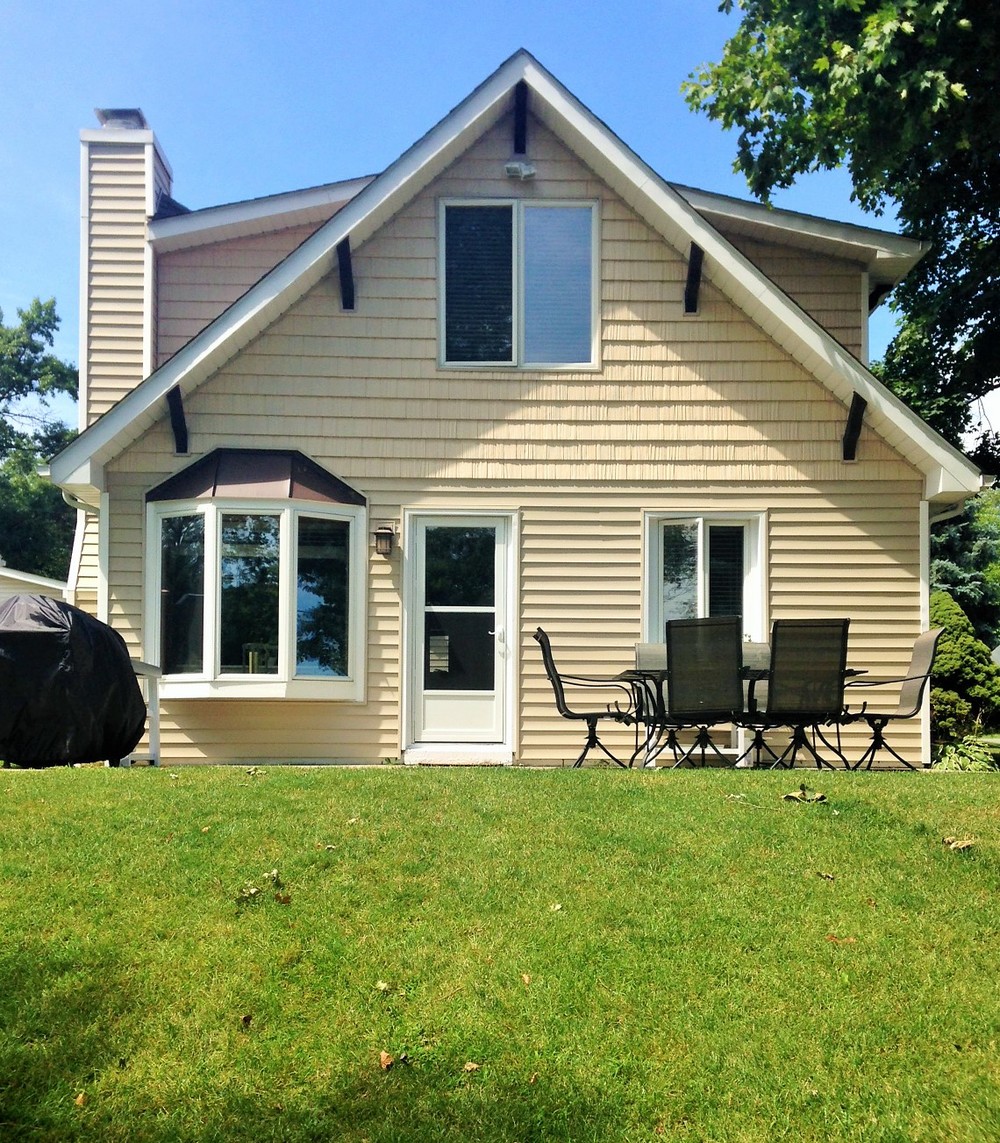
Normal 0
false false false
EN-US X-NONE X-NONE
/* Style Definitions */ table.MsoNormalTable {mso-style-name:"Table Normal"; mso-tstyle-rowband-size:0; mso-tstyle-colband-size:0; mso-style-noshow:yes; mso-style-priority:99; mso-style-parent:""; mso-padding-alt:0in 5.4pt 0in 5.4pt; mso-para-margin-top:0in; mso-para-margin-right:0in; mso-para-margin-bottom:8.0pt; mso-para-margin-left:0in; line-height:107%; mso-pagination:widow-orphan; font-size:11.0pt; font-family:"Calibri",sans-serif; mso-ascii-font-family:Calibri; mso-ascii-theme-font:minor-latin; mso-hansi-font-family:Calibri; mso-hansi-theme-font:minor-latin;}
When buying a home finally becomes a reality, things can get real crazy real quick. Two months ago I was a renter McRenterson and today I have keys to my very own house and I now enjoy shopping at Home Depot. When my husband’s new job moved us from beautiful, extremely expensive Seattle to the suburbs of beautiful-on-the-inside, very affordable Detroit, the idea of owning a home went from a faraway dream to a very quick reality.
There have been approximately 10,000 things I wanted to write down and say on this subject and in this blog, but I’ve toned down my list so you don’t get scroll exhaustion. Here’s my top five list of surprises/unreal expectations/ “I just didn’t have any clue” on buying a house:
1. Buying a house takes a long time.
We took the fastest track possible and it still took over a month from when we put in the offer to actually move into the house. We started our house hunt fully approved for a loan (which speeds up the process), put an offer on a house Saturday morning of our house-hunting weekend (June 13), and they accepted it within 24 hours (June 14). It took a full three and a half weeks for the paperwork to go all the way through (we closed on July 2, moved in July 16). Again, this was with a full loan preapproval and my husband sending them every piece of information they needed faster than I can run a mile. With pre-approval (not even full approval), the average mortgage loan takes 30-45 days to complete for a home and even longer for a condo due to a more complicated underwriting process. Get ready to twiddle your thumbs!
2. Buying a house is expensive.
I really thought I knew this one before it came, but it really costs so much money! You bring your down payment to closing then, depending how your structure your loan, you bring another couple grand for all the fees and housey-things like taxes, paying for your title, and actually paying the people involved (it was $5K for us but you can read more here for a breakdown). Once you move in, especially if you’re moving in to a bigger space, chances are you’ll do some repairs and touchups, buy some new furniture, and make it your own. We moved into a turnkey house and still spent a lot of money making it ours! All this to say, make sure you have enough cash reserves left over. In my very limited experience, I would recommend having six months of living expenses left (and add 10% because moving is more expensive than you'll realize) after your down payment to avoid added stress.
3. Mortgage rates are cray.
Mortgage rates are how much you have to pay back to the bank. These are a lot like interest rates on student loans and APRs on credit cards (but interest on credit cards is avoidable, whereas house interest isn’t really unless you’re fatty ballin'). With a 4% mortgage rate on a $200,000 house, you’ll end up actually paying $315,000 with a thirty-year mortgage rate (assuming you put 20% down). These rates are the lowest they’ve been in recent memory. Go ahead, ask your parents what their mortgage rate was on their first house. For my parents, their mortgage rate was 14.75% – that means the same $200,000 house would cost $756,823 over thirty years! Also, these numbers change every day and every quarter of a percentage point matters since it manifests over such a long period of time. Also interesting tidbit on mortgage rates: you are able to "lock" in your mortgage rate for a period of time before your loan actually goes through, and you're also encouraged to shop your mortgage rate at different companies.
4. Location, location, location.
Yeah, you hear this one A LOT. But it’s true. Where you buy a house is way more important that what the house’s redone kitchen looks like. Think as long term as possible when you’re picking your home sweet home, because eventually you’ll have to sell. You want it to retain as much value as possible (and if you pick a good location, location, location, you’ll have much better chances of making money on your house). A poorly painted house with leaky plumbing can be fixed but your house's proximity to, say, a waste water treatment plant cannot.
5. Find your contentment.
Buying a house feels like I’ve officially entered the rat race, the “keeping up with the Joneses.” I wasn’t expecting that. Take as many moments as you need to talk yourself out of a house you can’t afford, just because the breakfast nook is particularly dreamy. Every house has its flaws, and don’t set yourself up to buy the nicest house with the nicest things. Make it your own, make it welcoming, and that’s the best you can hope for in a few walls with a door.
